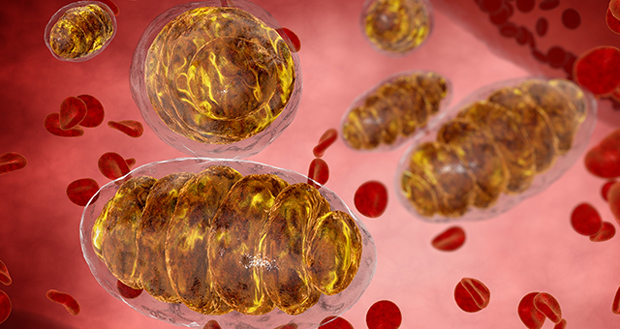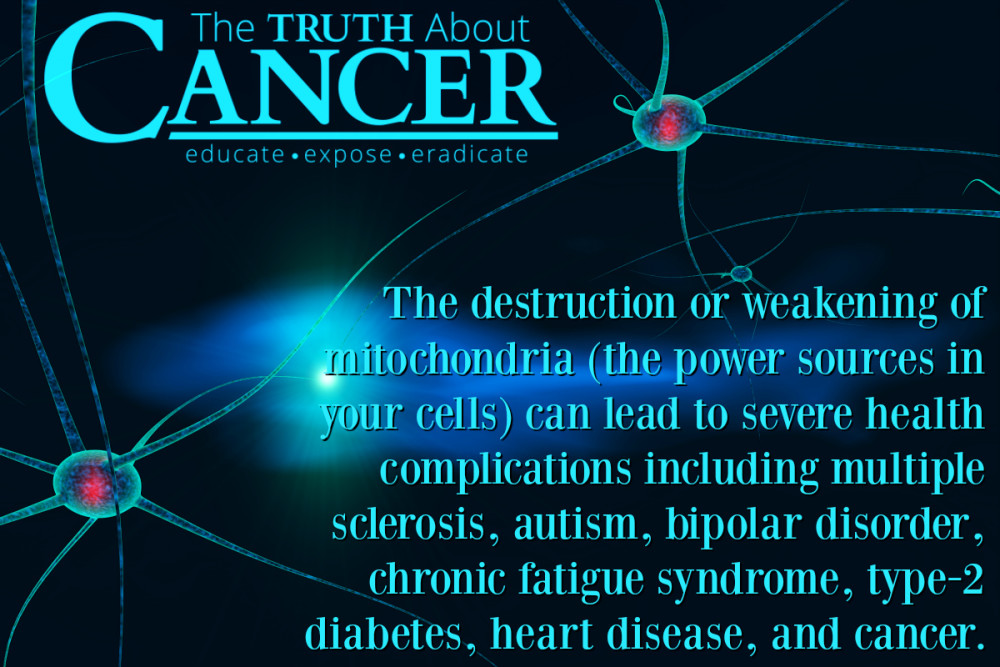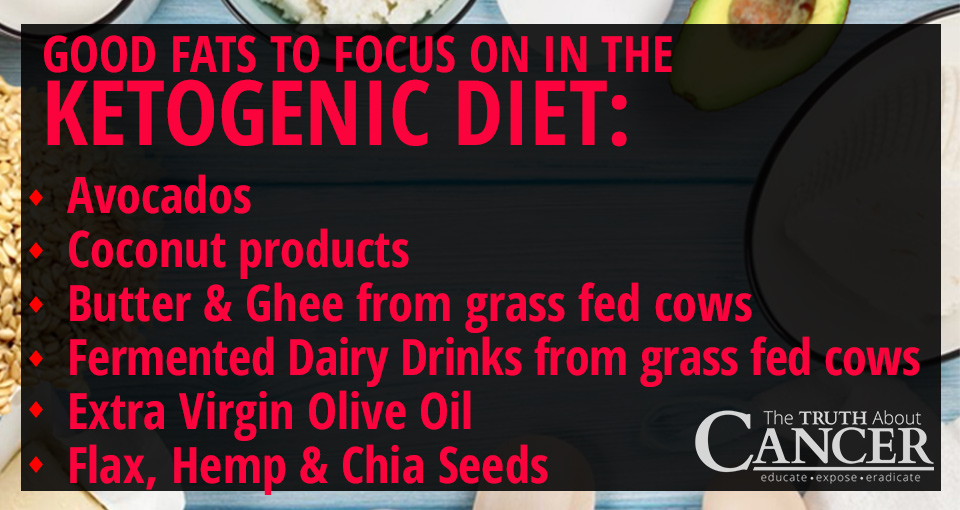Mitochondria are often referred to as the powerhouse for their role in generating the energy supply for cells. However they have lacked the spotlight for their important role in a variety of other biological functions. Researchers at the United Mitochondrial Disease Foundation have learned that only 3% of the genetic material contained in a single mitochondrion is designed to produce cellular energy. So what are the primary responsibilities of mitochondria and how do they promote health?
What Are Mitochondria?
Mitochondria are organelles found in every cell within the body except for red blood cells. Mitochondria are unique because they contain their own copy of DNA. The 3% of DNA responsible for producing cellular energy generates 90% of a cell’s energy in the form of ATP or adenosine triphosphate. Perhaps more importantly, mitochondria have critical roles in regulating major metabolic pathways in the body.
Genetic factors and environmental stimuli impact how mitochondria are differentiated for use within an organism. For example, mitochondrion in various parts of the body have unique functions. They are concentrated in different numbers such as breaking down ammonia in the liver or appearing in high concentrations of the breast muscle of flying pigeons.
Mitochondria Sustain Life’s Functions
Mitochondria are not only energy generators but are key organelles in supporting everyday metabolic processes such as:
- Maintaining lipid levels
- Provide the energy needed for blood circulation
- Buffers ion concentrations required for physiological communication
- Supporting glucose and insulin transportation
- Removing health hazards including damaged cells which can wreak destruction on health
The destruction or weakening of mitochondria can lead to severe health complications including multiple sclerosis, autism, bipolar disorder, chronic fatigue syndrome, type-2 diabetes, heart disease, and cancer.
Mitochondria Dysfunction Associated with Cancer
Specific sites within mitochondria undergo a high rate of respiration when producing energy. Where change is taking place, cancer risks increase. High rates of respiration are associated with the generation of free radicals which are within close proximity to damaging the mitochondria’s own DNA. Incidences of lung cancer, renal cell carcinoma and breast cancer increase as a result of mutations occurring within mitochondrial DNA.
As a result of excessive free radical production, mitochondria create oxidative stress which inhibits antioxidants from defending the body from cancer. Reactive oxygen species (ROS) are a potent type of free radical which can deplete vitamin C levels and stimulate systemic inflammation. As inflammation in the body increases, the central nervous system has been shown to leak signals to the brain and gastrointestinal tract. This results in an autoimmune response from the body. Available antioxidant sources become depleted as the immune system attempts to defend the body from an unknown threat.
Individuals with mitochondrial dysfunction have been found to have low levels of antioxidant support including carnitine, glutathione, and thioredoxin. Cancer is characterized by numerous factors which lead to depression, a weakened immune system, and chronic oxidative stress. Mitochondrial dysfunction is associated with promoting every one of these factors.
Strengthen Your Mitochondrial Function
Many strategies can help improve the function of mitochondria and reduce your risk of developing cancer. Start making healthy lifestyle habits part of your regimen today. Your first step can be to make sure you receive adequate amounts of exercise every day which improves circulation and increase mitochondrial activity.
Intermittent Fasting
Intermittent fasting has been shown to remove damaged mitochondria from the body through a process known as mitophagy. This process allows mitochondria to remove waste, free radicals and unfolded proteins which weaken immunity and promote cancerous conditions.
Ketogenic Diet
A diet rich in healthy fats and low in carbohydrates is an excellent way to circumvent mitochondria in order to produce energy. A ketogenic diet has been shown to improve the health of individuals experiencing epilepsy and muscle weakness.
meta
A Nutritious Diet Supports Mitochondrial Function
Key proteins, enzymes, and vitamins are critical for the health of mitochondria and reducing your risk of cancer. The supplementation of the following nutrients has been shown to promote mitochondria function:
- Acetyl-Carnitine: Found in red meat, this amino acid is responsible for the transportation of compounds in the body and has also been shown to increase glutathione production.
- B Vitamins: Both biotin and vitamin B-12 have been shown to improve mitochondria function. These vitamins are designed with unique purposes to promote glutathione synthesis as well as other antioxidants.
- Alpha-Lipoic Acid: (ALA) Alpha-lipoic acid improves mitochondria function within the brain and stimulates an individual’s cognitive abilities.
- Coenzyme Q10: Also known as CoQ, this potent antioxidant is a critical component to the electron transport chain in mitochondria which generates energy. Antioxidant deficiency, specifically a deficiency of CoQ can prevent the mitochondria from producing ATP. CoQ supplementation has been clinically shown to improve adverse health symptoms.
Avoid Environmental Toxins
Exposure to environmental toxins increases the risk of mitochondria dysfunction, severe health illnesses, and cancer. Environmental toxins such as heavy metals from pesticides and carcinogens in smoke contribute to chronic oxidative stress. Avoid exposure to environmental toxins by controlling what you can and choosing to eat healthy foods, practicing detoxification techniques, and practicing stress-reduction exercises.
Mitochondrial Biogenesis
Researchers are beginning to understand how important the formation of new mitochondria is in a process known as mitochondrial biogenesis. Key factors which affect the ability for mitochondria to grow and divide healthily includes exercise, limiting oxidative stress, temperature, and caloric restriction.
More results from human clinical trials remain a necessity to fully identify the therapeutic strategy for mitochondrial biogenesis to improve the severity of disorders and cancers associated with mitochondrial dysfunction. Reduce your risk of cancer and participate in your own technique of forming new mitochondria.
Make the choice every day to limit your exposure to environmental contaminants; exercise, and reduce oxidative stress in your body by eating a nutrient dense diet.
Article Summary
Mitochondria are often referred to as the powerhouse for their role in generating the energy supply for cells. They are also key organelles in supporting everyday metabolic processes.
The destruction or weakening of mitochondria can lead to severe health complications including multiple sclerosis, autism, bipolar disorder, chronic fatigue syndrome, type-2 diabetes, heart disease, and cancer.
Many strategies can help improve the function of mitochondria and reduce your risk of developing cancer. These include exercise, intermittent fasting, and a ketogenic diet.
Supplementing the following nutrients has been shown to promote mitochondria function:
- Acetyl-Carnitine
- B Vitamins
- Alpha-Lipoic Acid
- Coenzyme Q10
Support healthy mitochondria function by making the choice every day to limit your exposure to environmental contaminants; exercise, and reduce oxidative stress in your body by eating a nutrient dense diet.





















One of the best changes anyone can make is by drinking redox signaling molecules. I have been drinking them for 4 years and my body healed itself so consequently I am very healthy now. Thankful too !
Becky, can you expand on what redox signaling molecules are please?
Excellent information!!! Does D-ribose feed cancer cells? I read it is good for the mitochondria in healthy cells.
PQQ stimulates the creation of more mitochondria per: Research at University of California at Davis
Perdi minha mãe no ano passado por causa de um câncer no estômago e não posso deixar de pensar no que eu poderia ter feito para evitar. Ela amava a vida e decidiu fazer a cirurgia porque esperava ficar mais algum tempo conosco. A cirurgia agravou uma fibrose pulmonar e ela faleceu, 42 dias após a cirurgia. Como se pode esperar, isso deixou nossa família arrasada, pois minha mãe era uma pessoa ativa e independente. Ela entrou no hospital caminhando, tomando banho e se alimentando sozinha e saiu em uma cadeira de rodas, impossibilitada de realizar até mesmo o menor esforço e dependente de oxigênio.
Edna, percebo bem a sua dor…a minha irmã mais nova também foi vitimada pelo cancro vai fazer um ano em Março, era uma pessoa cheia de energia e vigor…ela tinha problemas no peito, mas não queria ser mexida e fazia tudo para ser saudável, mas um dia o monstro fez expandir o peito dela, e o médico disse-lhe logo que era cancro. Andou 2 semanas para decidir o que fazer, e aquele mosntrou destruiu-lhe o figado…optou por um tratamento menos agressivo para o organismo e durou mais 13 dias…tenho tantas saudades dela, a minha querida irmã! Abraços
http://www.ncbi.nlm.nih.gov/pmc/articles/PMC2662273/
https://www.ncbi.nlm.nih.gov/pmc/articles/PMC43147/pdf/pnas01126-0123.pdf
Fortunately NRF1 activation to the rescue.
What is Redox ???never heard if it.
Shaun check out a product called Protandim, it contains nrf2.
My mum, husband and I take MitoQ tablets – it’s a New Zealand brand of supplements that assist with ageing mitochondria. We have all noticed increased energy levels and a significant decrease if we run out before our next order arrives! It’s not cheap but I have two young boys and need any extra energy I can get. The Health Ranger put me onto them.
Very near the end of the article you mentioned “temperature”. What does temperature have to do with the development and health of mitochondria.
Particularly instructive looking forth to coming back again.
Just for information, now some scientists have found the tech to improve mitochondria function. So now we can reduce cancer risk. 😁